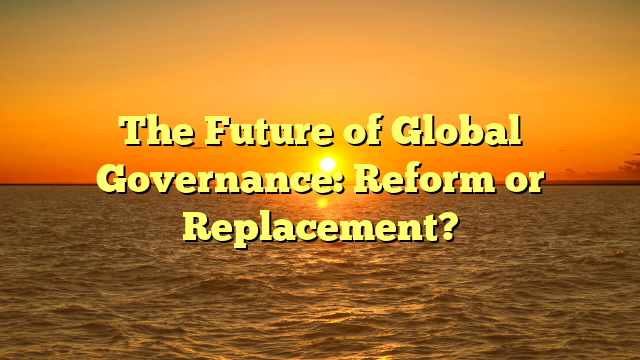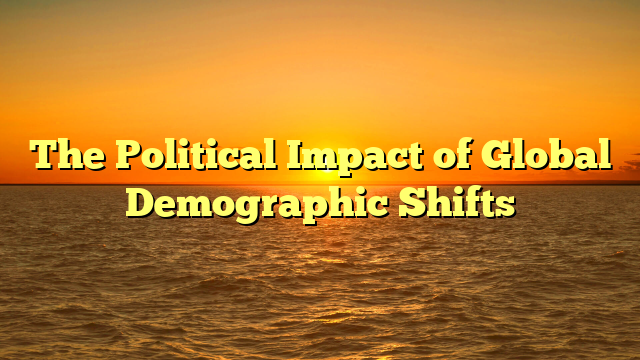
As international crises multiply, from pandemics to cyberwarfare, the question of global governance is more pressing than ever: can existing review Naga169 institutions adapt, or must they be replaced?
The United Nations, World Trade Organization, and International Monetary Fund face growing criticism for inefficiency and inequality. Emerging powers in the Global South argue that the post–World War II system no longer reflects contemporary realities.
Recent summits have explored new frameworks for collective action. BRICS+ has proposed creating an independent financial mechanism to reduce dependency on the U.S. dollar, while the G20 is considering reforms to include permanent seats for African and Middle Eastern nations.
However, reform faces resistance from established powers unwilling to cede influence. “The architecture of global order is creaking,” said London-based policy expert James Reed. “Without reform, fragmentation will accelerate.”
As global trust erodes, alternative blocs and digital governance systems may rise to fill the vacuum. Whether through renewal or replacement, the next decade will determine how — and by whom — the world is governed.





